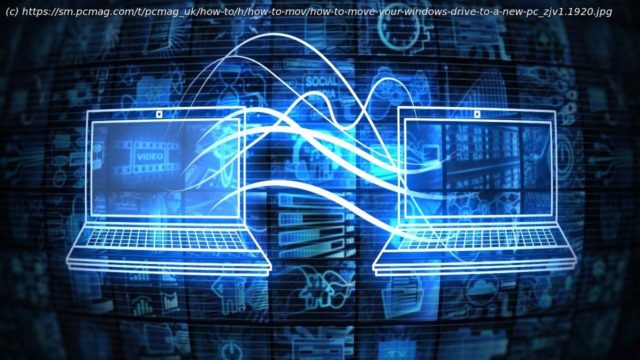Need to migrate your Windows installation to a new PC? It’s technically possible, and Windows streamlines the process, but there are caveats.
Buying a new computer can be fun, until you have to slog through migrating all your old apps, preferences, and files. Wouldn’t it be easier if you could just pop your old drive into the new PC and pick up where you left off? Windows allows you to do this in a few easy steps—at least hypothetically.
Since Windows 10, the OS has been much better about handling certain driver conflicts, but it isn’t perfect. When you throw an existing Windows installation at a new PC, it will perform its first-time setup as if it were a new computer, grab drivers for your new hardware, and (hopefully) drop you onto the desktop without much trouble. You have to do a few things yourself, but overall, it should work.
I moved my drive from an AMD-based machine to an Intel/Nvidia machine with barely a hiccup. Windows Update was even able to download new patches. But that’s not to say you won’t run into any problems. This can vary from PC to PC, and you never know what driver conflicts or performance issues may lay underneath the surface of a seemingly fine setup.
All told, I would still recommend doing a clean install if you are migrating permanently to a new machine, but if you need something quick and dirty—like if your old PC dies and you need to access some data from your old installation—this should work well enough. Here’s how to move your Windows drive to a new PC.Back Up the Entire Drive
Before making any substantial changes, it’s always a good idea to back up your data—and that goes double when you’re messing with your drive. If you have a backup tool you really like, go ahead and use that. I also recommend cloning the entire drive. That way, if something goes wrong, you can restore an exact image of the original drive and try a different approach. For this process, we’ve found DiskGenius to be one of the few free options left.
If your new PC takes a different kind of drive than your old PC—say, you’re migrating from a machine with a 2.






